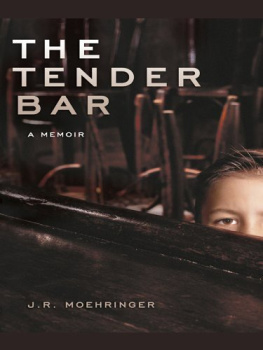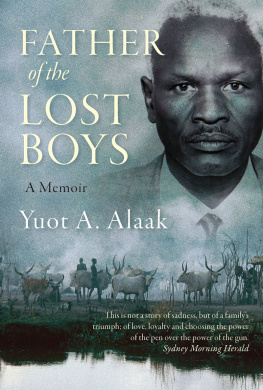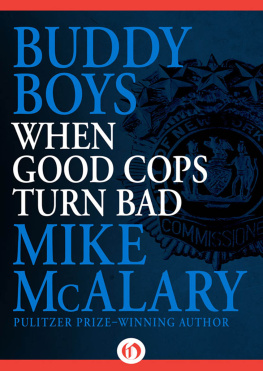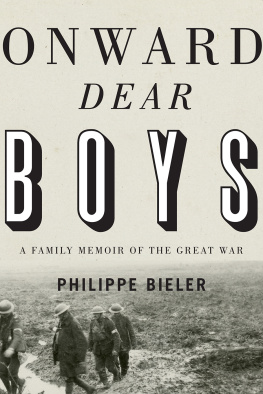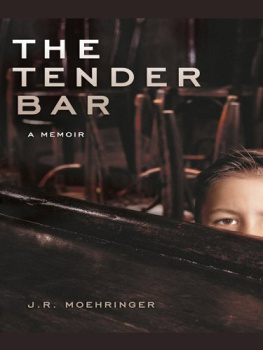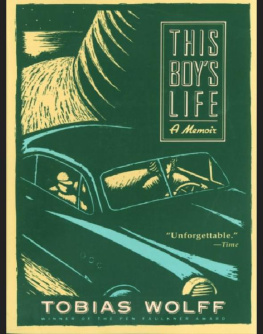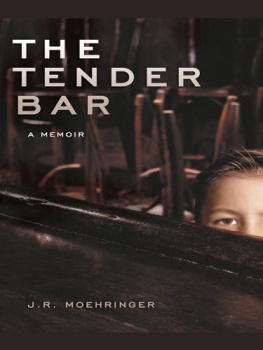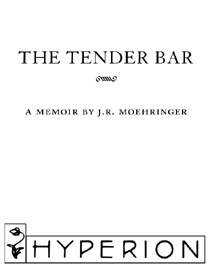
Contents
Formy mother
PROLOGUE

Where no sea runs, the waters of the heart
Push in their tides
Dylan Thomas,Light breaks where no sun shines
prologue | ONE OF MANY
W E WENT THEREFOR EVERYTHING WE NEEDED. WE WENT there when thirsty, of course, and when hungry,and when dead tired. We went there when happy, to celebrate, and when sad, tosulk. We went there after weddings and funerals, for something to settle ournerves, and always for a shot of courage just before. We went there when wedidnt know what we needed, hoping someone might tell us. We went there whenlooking for love, or sex, or trouble, or for someone who had gone missing,because sooner or later everyone turned up there. Most of all we went therewhen we needed to be found.
My personal list of needs was long. An onlychild, abandoned by my father, I needed a family, a home, and men. Especiallymen. I needed men as mentors, heroes, role models, and as a kind of masculinecounterweight to my mother, grandmother, aunt and five female cousins with whomI lived. The bar provided me with all the men I needed, and one or two men whowere the last thing I needed.
Long before it legally served me, the bar savedme. It restored my faith when I was a boy, tended me as a teenager, and when Iwas a young man the bar embraced me. While I fear that were drawn to whatabandons us, and to what seems most likely to abandon us, in the end I believewere defined by what embraces us. Naturally I embraced the bar right back,until one night the bar turned me away, and in that final abandonment the barsaved my life.
There had always been a bar on that corner, byone name or another, since the beginning of time, or the end of Prohibition,which were the same thing in my hard-drinking hometownManhasset, Long Island. Inthe 1930s the bar was a stop-off for movie stars on their way to the nearbyyacht clubs and posh ocean resorts. In the 1940s the bar was a haven forsoldiers coming home from the wars. In the 1950s the bar was a lounge forgreasers and their poodle-skirted girlfriends. But the bar didnt become alandmark, a patch of hallowed ground, until 1970, when Steve bought the placeand renamed it Dickens. Above the door Steve hung a silhouette of CharlesDickens, and below the silhouette he spelled out the name in Old Englishlettering: Dickens. Such a blatant display of Anglophilia didnt sit well withevery Kevin Flynn and Michael Gallagher in Manhasset. They let it slide onlybecause they so thoroughly approved of Steves Cardinal Rule of the Barroom:Every third drink free. Also, it helped that Steve hired seven or eight membersof the OMalley clan to bus his tables, and that he took pains to make Dickenslook as though it had been shipped brick by brick from County Donegal.
Steve intended his bar to look like a Europeanpublic house, but to feel quintessentially American, an honest-to-god house forthe public. His public. In the heart of Manhasset, a pastoral suburb of eightthousand people, seventeen miles southeast of Manhattan, Steve wanted to createa sanctuary where his neighbors and friends and fellow drinkers, and especiallyhis high-school buddies coming home from Vietnam, could savor a feeling ofsafety and return. In every venture Steve was confident of successconfidencewas his most attractive quality and his tragic flawbut with Dickens hesurpassed his greatest expectations. Manhasset quickly came to see Steves baras the bar. Just as we said TheCity to mean New York City, and The Street to mean Wall Street, we always saidThe Bar, presumptively, and there was never any confusion about which bar wemeant. Then, imperceptibly, Dickens became something more than The Bar. Itbecame The Place, the preferred shelter from all lifes storms. In 1979, whenthe nuclear reactor at Three Mile Island melted down and fear of apocalypseswept the Northeast, many Manhassetites phoned Steve to reserve space in theairtight basement below his bar. Of course everyone had their own basements.But there was just something about Dickens. People thought of it first wheneverdoomsday loomed.
Along with sanctuary, Steve provided nightlylessons in democracy, or the special plurality of alcohol. Standing in themiddle of his barroom, you could watch men and women from all strata of societyeducating and abusing one another. You could hear the poorest man in towndiscussing market volatility with the president of the New York StockExchange, or the local librarian lecturing a New York Yankees Hall of Famerabout the wisdom of choking up on the bat. You could hear a feebleminded portersay something so off-the-wall, and yet so wise, that a college philosophyprofessor would jot it on a napkin and tuck it in his pocket. You could hearbartendersin between making bets and mixing Pink Squirrelstalk likephilosopher kings.
Steve believed the corner bar to be the mostegalitarian of all American gathering places, and he knew that Americans havealways venerated their bars, saloons, taverns, and gin mills, one of hisfavorite expressions. He knew that Americans invest their bars with meaning andturn to them for everything from glamour to succor, and above all for relieffrom that scourge of modern lifeloneliness. He didnt know that the Puritans,upon landing in the New World, built a bar even before they built a church. Hedidnt know that American bars descend directly from the medieval inns ofChaucers Canterbury Tales, which descended from the Saxon alehouses, which descended from the tabernae along the roads of ancient Rome.Steves bar could trace its lineage all the way back to the painted caves ofWestern Europe where Stone Age elders initiated young boys and girls into theways of the tribe nearly fifteen thousand years ago. Though Steve didnt knowthese things, he sensed them in his blood and enacted them in everything he did.More than most men, Steve appreciated the importance of place, and on thecornerstone of this principle he was able to build a bar so strange and shrewdand beloved and wondrously in tune with its customers, that it came to be knownwell beyond Manhasset.
My hometown was famous for two thingslacrosseand liquor. Year in, year out, Manhasset produced a disproportionate number ofsuperb lacrosse players and a still-greater number of distended livers. Somepeople also knew Manhasset as the backdrop for The Great Gatsby . While composing portions of hismasterpiece, F. Scott Fitzgerald sat on a breezy veranda in Great Neck andgazed across Manhasset Bay at our town, which he turned into the fictional EastEgg, a historic distinction that gave our bowling alley and pizzeria a certainarchaeological grandeur. We strode each day across Fitzgeralds abandoned stageset. We romanced one another among his ruins. It was a kickan honor. But likeSteves bar it was merely an offshoot of Manhassets famous fondness for drink.Anyone familiar with Manhasset understood why liquor surged through Fitzgeraldsnovel like the Mississippi across a floodplain. Men and women throwing raucousparties and boozing until they blacked out or ran someone down with their car? Soundedto us like a typical Tuesday night in Manhasset.
Manhasset, site of the largest liquor store inNew York State, was the only town on Long Island with a cocktail named after it(a Manhasset is a Manhattan, with more alcohol). The towns half-mile-long maindrag, Plandome Road, was every drinkers street of dreamsbar after bar afterbar. Many in Manhasset likened Plandome Road to a mythical country lane inIreland, a gently winding procession of men and women brimming with whiskey andgood cheer. Bars on Plandome Road were as numerous as stars on Hollywoods Walkof Fame, and we took a stubborn, eccentric pride in their number. When one mantorched his bar on Plandome Road to collect the insurance, cops found him inanother bar on Plandome Road and told him he was wanted for questioning. Theman put a hand over his heart like a priest accused of burning a cross. Howcould I, he asked, how could anyone
Next page
